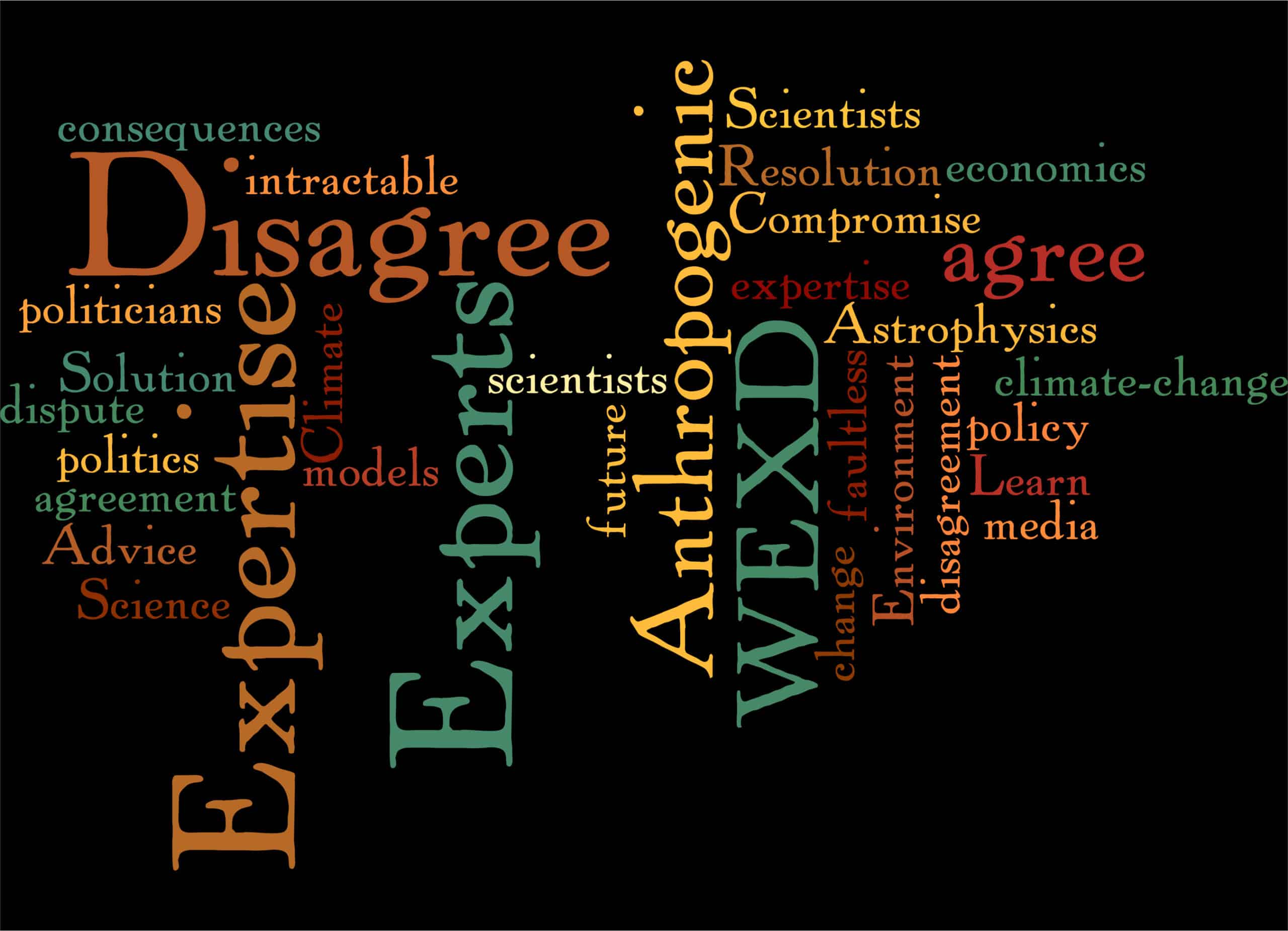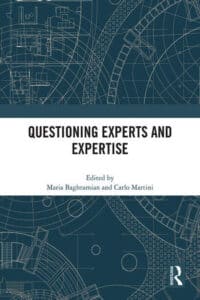
New Book: Questioning Experts and Expertise
A newly published book “Questioning Experts and Expertise” (Routledge) edited by PERITIA investigators Maria Baghramian and Carlo Martini presents research funded by PERITIA as well as some of the results of the Irish project When Experts Disagree (WEXD). It brings together philosophers, sociologists and policy experts to discuss the nature, scope and limitations of expert advice in policy decisions.
The role of experts and their expertise, in our personal and social lives, has taken centre stage in the debates about our post-COVID-19 world. Scientific disinformation is rife, and expertise is badly needed to tackle highly complex social problems.
The chapters collected here address some of the most fundamental questions in the debate on the role of experts. They explore, among others, the definitions of expertise, the role of experts in modern democracies, the dilemma of choosing between equally competent and qualified experts who cannot agree, the objectivity of expert judgements, the relationship between experts and novices in polarised social settings and the conditions on the trustworthiness of experts. These explorations, by some of the best- known academics working in the field, highlight the complexities of the questions they address but also lay down a road map for addressing them.
Table of Contents
1. Introduction: Ubiquitous Questions about Experts and Society
Maria Baghramian and Carlo Martini
2. Believing to Belong: Addressing the Novice- Expert Problem in Polarized Scientific Communication
Helen De Cruz
3. The Rightful Place of Expertise
Reiner Grundmann
4. Expertise, Agreement, and the Nature of Social Scientific Facts or: Against Epistocracy
Julian Reiss
5. Asymmetry, Disagreement and Biases: Epistemic Worries about Expertise
Cathrine Holst and Anders Molander
6. Towards a Balanced Account of Expertise
Christian Quast
7. Expertise, Relevance and Types of Knowledge
Pierluigi Barrotta and Eleonora Montuschi
8. Are Experts Right or are They Members of Expert Groups?
Harry Collins
9. What Experts Could Not Be
Jamie Carlin Watson
10. For A Service Conception of Epistemic Authority: A Collective Approach
Michel Croce
11. Can Novices Trust Themselves to Choose Trustworthy Experts? Reasons for (Reserved) Optimism
Johnny Brennan
12. Why the Fence Is the Seat of Reason When Experts Disagree
Martin Hinton
13. Values and Objectivity in the Intergovernmental Panel on Climate Change
Julie Jebeile



